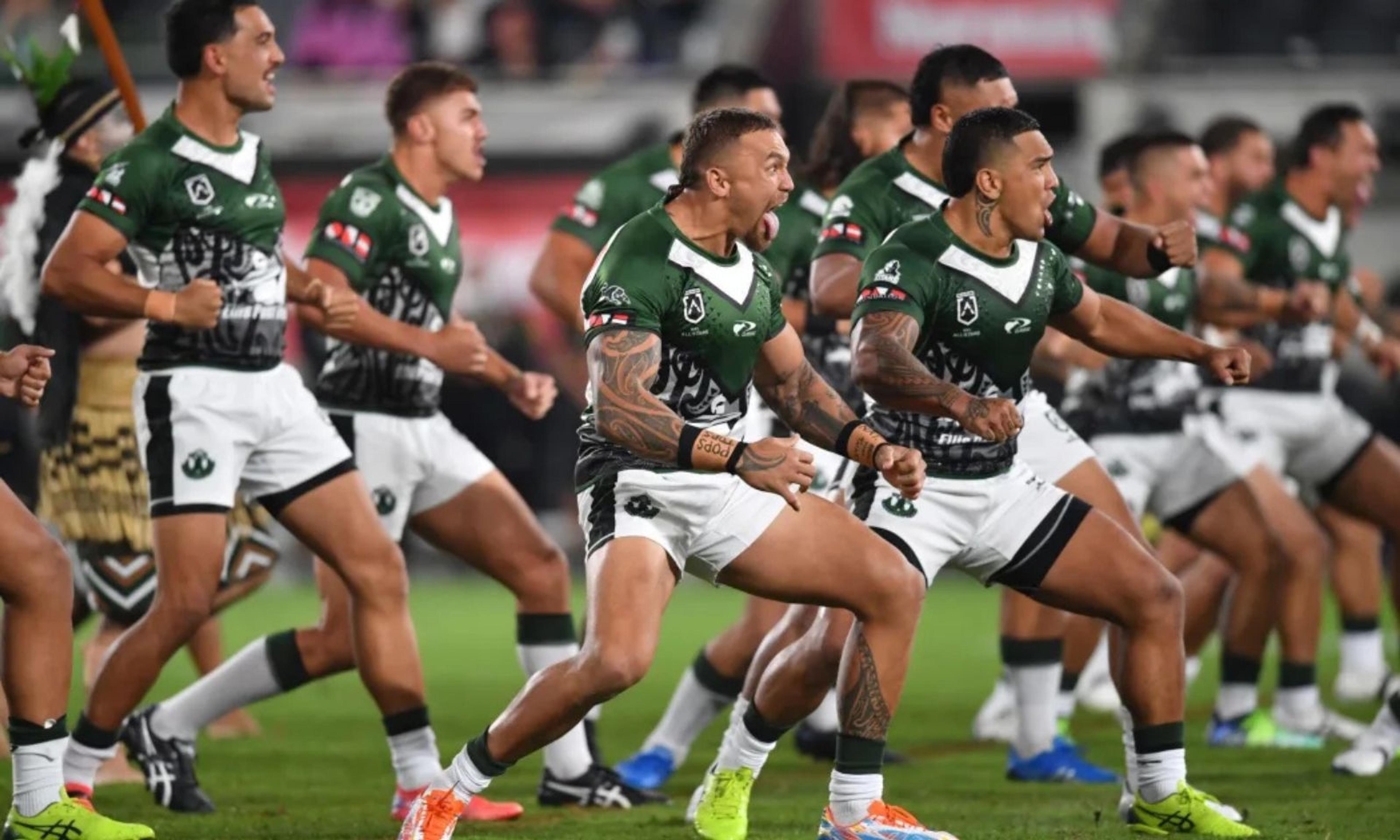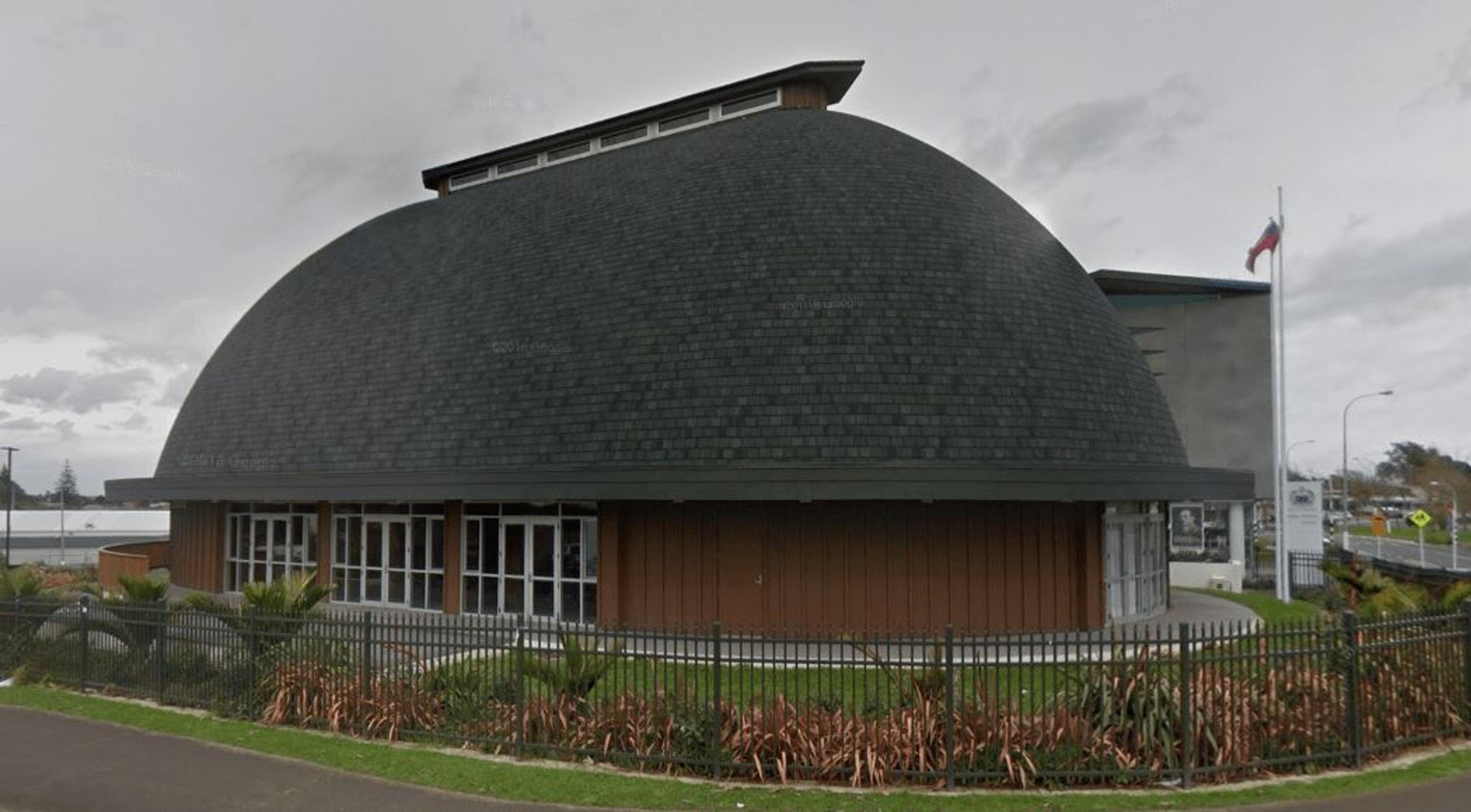

Survivors of abuse in state care will be able to give their testimony at hearings at the Fale o Samoa in Mangere in July. Photo: Google Maps
Photo: Google Maps
From Courtroom to Fale: hearing of Pacific abuse survivors 'comes home'
Changes to help more Pacific Islanders feel comfortable reporting historic abuse, and a Samoan man on why he finally chose to speak up.

Time for an Indigenous State of Origin? The All Stars game shows who really powers the NRL



In a New Zealand first, the Royal Commission of Inquiry: Abuse in Care Pacific hearing will be held at the Fale o Samoa in South Auckland, to encourage more survivors to take part in the investigation.
“This inquiry is one of its kind”, says Pacific Investigations team Counsel Assist Tania Sharkey.
“It’s big for us a nation but it’s massive for us as Pacific people. There is a Pacific story to be told, and we want to be the ones to tell it, and the way that we do it, is through our Pacific voices.”
She said much of the historic trauma to Pacific Islanders in state care hasn’t been documented, and this inquiry will expose the nature and extent of the abuse, the ongoing impacts, and the common pathways that led to Pacific people going into care.
“If we look at the Dawn Raids, if our people were detained, abused in the police cells, if their families were deported and they stayed here and went into care, we want to hear those stories.
“One of the major issues we have seen is the lack of accurate data recording for Pacific people who were in care, and we do have survivors who were recorded as ‘other’ ethnicities, so we know the data doesn’t accurately reflect how many of our people were in care”, says Sharkey.
“We know from our survivors that there were other Pacific people in care, and we are trying to encourage those survivors to please, please come forward. “
She said the change of venue is significant for a number of reasons.
“A big theme that we’ve heard from their voices is the disconnect with their culture, the loss of their identity and language through the abuse that they’ve suffered.
"So, in a way, bringing them to the fale is bringing them home because that what the fale represents.
“It’s a culturally, spiritually safe environment for them to share their experiences, but also for our community to receive them, to be there and support them as they go through this.”
Sharkey said the traditional venue, along with the naming of the Pacific arm of the investigation, is about making survivors feel supported, and being able to share their stories with their community around them.
"‘Tatala e Pulonga’ is a Tongan metaphor, it’s about raising the dark cloud - and in this context, the dark cloud is the dark history of abuse in New Zealand.
“We’re not an individual society, we’re a collective. In order for us to start lifting that cloud, it is about sharing, listening to these voices and believing those survivors. If we are going to influence change, we really do need to have this conversation and start looking at what happened in the past, to enable us to look forward.”
A specialist Pacific team has been assembled to support the survivors and their extended family.
“We know it’s important for our people to know that there are Pacific people in the inquiry that they can talk to and relate to.
"We’ve got diversity of background, experiences, identity, to be able to receive and to work with them and to listen with them and to make them feel as comfortable as they possibly can, in sharing what is a really, really hard thing to do.”
Echoing the call for more Pacific Islanders to speak up:
A Samoan man is urging other Pacific Islanders to come forward after speaking about his own experiences at the Royal Commission inquiry into Abuse in Care.
Known as ‘Mr X’, the 63 old man was in and out of children’s homes from the age of nine, where he suffered horrific abuse and said he was targeted because of his skin colour.
“If you were a brown skin, you’re dumb. Back in the day, it was a sea of white [people], and if you were a brown skin, you were nothing.
"I know this first hand because it was put into my head every day. They used to call me all kinds of names, [saying] I was nothing, I should kill myself, I shouldn’t be here, nobody wants me...and that’s how they strip you of your culture, of how you speak.
"Because you weren’t allowed to speak your language, you weren’t allowed to do any of that. You had to live a white man’s way.”
He said not being able to speak his language and having his cultural identity taking from him has done significant damage.
“When you get like that you have no sense of belonging. You don’t know where you belong in society. That’s why I used to move - I’ve travelled the country from the top of the North Island right down to the South because I had no sense of belonging I had nowhere to belong, not even with my own Samoan race, because that was all stripped.
"In my mind, I thought, I’m just a piece of shit, I don’t deserve to be in this world, because this is what gets drummed into you from the boy’s home.”
Mr X was placed in Ōwairaka, Hokio, Kohitere and Invercargill Borstals from 1971. He believes there are many more Pacific Islanders who suffered abuse in children’s homes, and encourages them to step forward.
“So many Pacific Islanders, we have this idealism of shame and embarrassment, but it’s not our shame and that to hold, it’s theirs for what they’ve done to us.
“Please. Get the courage and find your rock or your support.
"Pick up that phone because there is a lot of good people here that are fighting for us and will look after you and support you.
"Go through ACC, get them to appoint a psychologist because there’s a lot of good people that are fighting for us, that will look after you and support you. We are here, I’m here, a Pacific Island survivor, we’ve got your back.”
Mr X’s family came to his hearing to support and stand with him, and said island families don’t like to talk about sexual abuse, and the shame is misplaced.
“Now they know my story and now they understand me better, and it’s got nothing to do with the family name.”
Often pausing for emotion, he went into detail of his abuse and made no apologies for it.
“Don’t expect me to gloss over it, because there’s no glossy bits to it. This is life, this is what they actually done to us, to me, to my fellow Pacific Islanders.
Background information:
The Royal Commission will examine abuse and neglect of children and young people in residences run by the state between 1950 and 1999.
The scope of the inquiry covers abuse that happened in State care such as foster care, police cells, court cells or police custody, schools or special schools, disability care or facility, youth justice placement or at a health camp.
They are also looking at abuse that occurred in faith-based settings such as a religious school or church camp.
Witnesses can speak anonymously about sexual, physical and psychological abuse and the effects it has had on them in later life.
The Pacific Investigation encourages Pacific survivors to continue coming forward and engage with the Royal Commission of Inquiry.
To contact the Pacific Investigation please email: Reina.Vaai@abuseincare.org.nz or call us on 0800 222 727.
For further details please see www.abuseincare.org.nz.
Pacific Investigation hearing dates: July 19 – 30 2021
Hearing location: Fale o Samoa, 141r Bader Drive, Māngere, Auckland 2022
Where to get help:
Victim Support 0800 842 846
Rape Crisis 0800 88 33 00
HELP Call 24/7 (Auckland): 09 623 1700, (Wellington): 04 801 6655 - 0
Safe to talk: a 24/7 confidential helpline for survivors, support people and those with harmful sexual behaviour: 0800 044 334.
Mosaic - Tiaki Tangata Peer support for males who have experienced trauma and sexual abuse: 0800 94 22 94